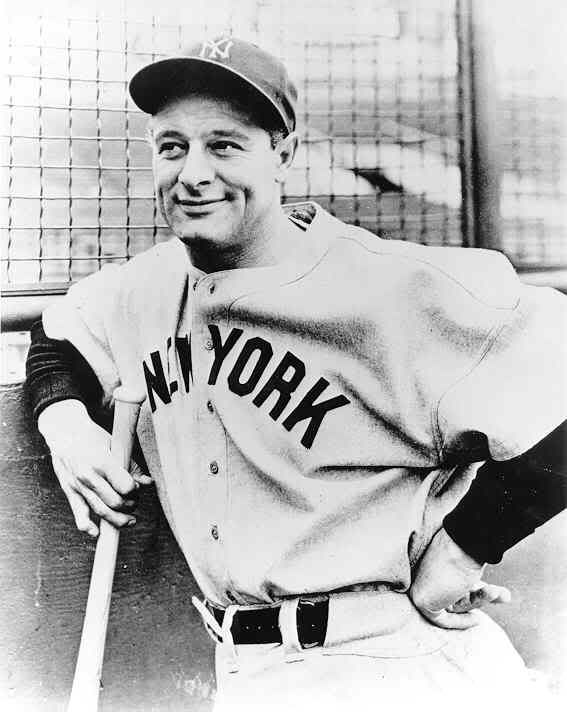When I worked as a hospice chaplain, I visited nursing homes. "Mrs. Smith is so sweet," the staff would tell me, or, "Mr. Jones is such a kind man." It seemed that every nursing home had a special resident that all the staff loved.
I am not one of those people.
I arrived at Hendersonville Health and Rehabilitation as an angry man. I was angry that I was leaving my home to move into a nursing facility (nursing "home" still does not suit me). I was angry about the loss of independence, privacy, and quiet. Above all, I was angry that I had a disease that had crippled me and was rapidly stealing my ability to talk.
The fact of the matter is that I have been treated in a caring manner since I arrived. The staff has bathed me, fed me, dressed me, wiped my bottom, and helped me exercise. We have had some bumps in the road, but I would not be alive if I was not here. When I think about my time here that way, I can only be grateful.
I felt badly about my unfair anger. My conscience bothered me. To put it in other language, the Spirit convicted me of my sin. I was not consumed with guilt--what good would that do?--but I did not like my behavior and I resolved to change. Yet I found that I could not change. Try as I might, I could not find peace, but only more anger. So, I prayed about it.
I remembered that the Spirit is working in me to produce love, joy, peace, patience, kindness, gentleness, and self-control. In my prayer I asked the Spirit to help me be open to the Spirit's work in me. I asked the Father to help me be the man he wants me to be. I asked Jesus to show me the way.
Slowly, but I believe surely, I am improving. Bragging about being a better person is like bragging about being humble. If you do it, you aren't. So I will not brag but write that the Spirit is doing a good work in me and I am cooperating.
Here is what I have learned about prayer. I have prayed a lot for my healing, as have some of you. God has not answered these prayers in the way I want, but God has answered my prayer to start becoming a better person. My growth into righteousness may be more important in the eternal scheme of things than my healing. At least it is for now. My greatest good and my greatest prayer may be to become more like Jesus. Who can get angry about that?










